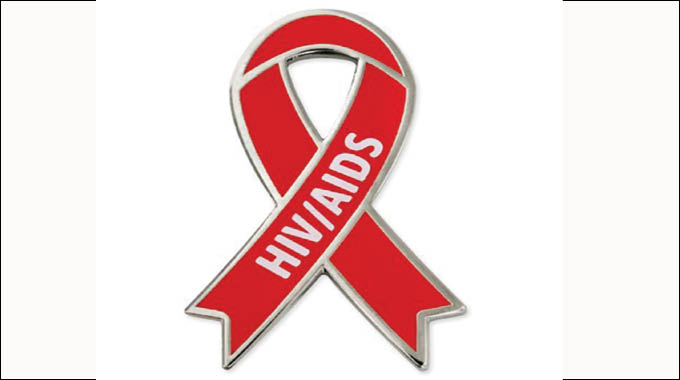Zimbabwe makes strides in HIV/Aids prevention

Angela Sibanda, Chronicle Reporter
ZIMBABWE continues to write an HIV and Aids success story due to prevention interventions, with 97 percent of people living with HIV now on lifelong anti-retroviral therapy (ART).
Last Friday, Bulawayo province held belated commemorations for World Aids Day, a day that is celebrated annually on December 1.
This year’s national commemorations were held in Chiredzi and they ran under the theme “End Pandemics. End Inequalities. End Aids”.
Through various interventions by Government and its partners, Zimbabwe has managed to turn the pandemic’s trajectory into a success story notwithstanding the economic sanctions.
In a speech at the belated World Aids Day celebrations, Bulawayo acting Provincial Maternal Neonatal Child Health Officer Dr Tawanda Chitokosa said despite the effects of the Covid-19 pandemic, the country has recorded significant decline rates in HIV infections.
“I am very pleased with the trajectory of new HIV infections, which shows a continued decline for all age groups over the years between 2016 and 2020.
“Among adults, the number of new infections has declined by 42,1 percent and by 44,4 percent among the 15–24-year age group. In addition to these declines, the HIV prevalence has dropped from 13,9 percent to 11,8 percent,” he added.
The number of people living with HIV who are now on ART has also soared from 88,4 percent to 97 percent.
Dr Chitokosa also said there was still a need to intensify the inclusion of key populations in the fight against HIV and Aids.
“Evidence shows that although the general trend is going down, we still have to optimise our interventions targeting sex workers, adolescent girls and young women and other key populations which count for more new HIV infections,” he said.
Notable interventions by Government in the fight against HIV and Aids include the introduction of the Aids Levy in 1999.
The revenue goes into the National Aids Trust Fund, which is managed by the National Aids Council (Nac). An HIV and Aids activist, Mr Benjamin Masuku said despite the increased rate of awareness in communities, there is still stigma.
“A lot of people are afraid to face positive results and that is the reason why people only go to test when they have fallen extremely sick. And this results in HIV/Aids related deaths as people fail to access medication early,” he said.










Comments